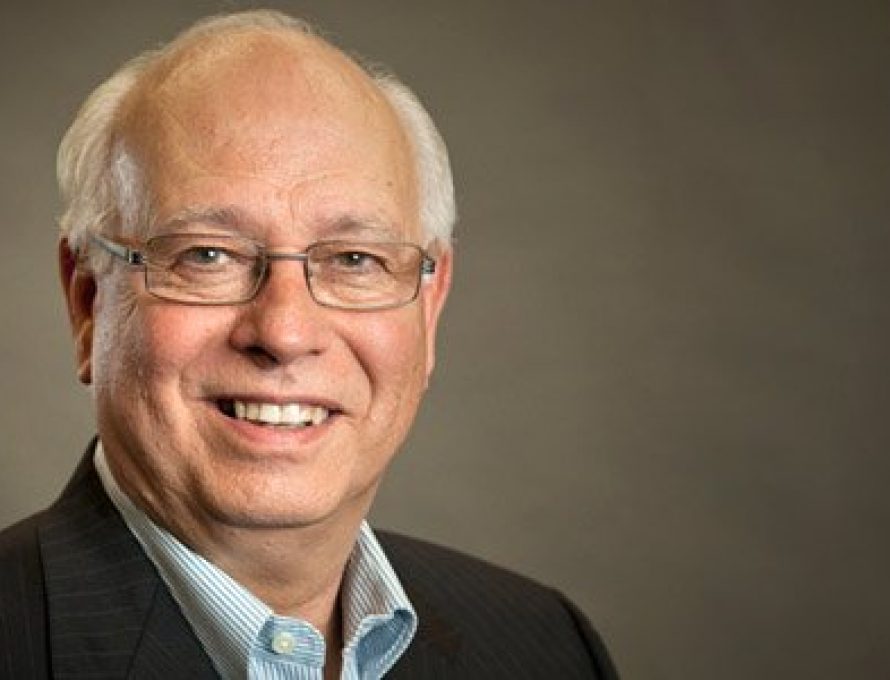Baptists are an independent lot. If a question is asked in a Baptist context of four people, don’t be surprised with a dozen opinions. Critical thinking, which does not imply meanness, manipulative or contrarian thoughts or actions, is part of the landscape of historic Baptist life.
Being a participant in a local Baptist congregation is how many Christ followers learned to think more deeply about the word of God and how it applies to the will and ways of God at work in and through a group of people—especially the local church in a pagan culture.
Experiencing life together as a gospel congregation is a collective process. Sometimes that process is smooth, and other times the process requires wrestling with difficult issues. One foundational issue: Does the local church approach the process of decision-making from a biblical perspective or from a pragmatic perspective that is deemed acceptable to the human opinions of the majority?
Historically, Baptists have relied on congregational decision-making to be a function of a regenerate membership—every member is born again and was baptized as an illustration of personal surrender to God through faith in the Lord Jesus. The Baptist Faith & Message, Article VI, has one sentence that addresses this distinctive: “In such a congregation each member is responsible and accountable to Christ as Lord.”
There is no hierarchy of spiritual authority over any level of Baptist life. The individual believer is accountable to the Lord Jesus Christ. The members of the church are not required to subject themselves to church leaders, associational leaders, state missions leaders, or educational leaders. Yet, we do voluntarily agree by membership to identify, respect, and honor each other.
Baptists believe authentic followers of Jesus are redeemed by the blood of Jesus on the cross and empowered by the Holy Spirit to think with the mind of Christ. We must remember that this life we presently live is not ours, but a stewardship gifted to us for the purpose of glorifying the Lord Jesus in our bodies.
Consequently, in humility and boldness, church members choose to submit to the word of God and to one another. That’s part of being “indwelled” and “filled with the Spirit.” (Check out the relational words used to describe the fruit of the Spirit that comes to the authentic obedient believer in the Gal. 5:22-23).
For many years, Baptist pastors taught the seriousness of believers being part of a local church. That’s not because they were looking for a way to add more names to the roles, but they understood decision-making in the local church was dependent on people with authentic faith to collaborate and make decisions in the power of the Holy Spirit. Those leaders understood that living by faith means change. More specifically, changing our ways of acceptability to the world and more toward godliness.
This begs a question: What does a church do when the world captures the heart of the majority of local church members with good things instead of making decisions based on the leading of the Holy Spirit?
We all know about churches that reached a “crisis of belief” moment and became distracted from the mission of making authentic Christ-followers. There was some issue that required change, and the local church balked. Sad. Some churches never recover from that kind of situation.
Sometimes we need a refresher course on whose church it is. Or a reexamination of our core faith is warranted. Church leaders, do you know who are the redeemed within the church you lead? Or do we make assumptions about people that simply are not true?
We must remember that simply having our name on a local church role is not sufficient to gain acceptability to God. Do we actually think that a name on a membership role constitutes a person’s identity as a follower of Christ, or even as a Southern Baptist? Of course not.
That is why, after years of “contractual” professions of faith, where someone simply raises a hand, or prays a formula prayer, or walks down the aisle to the preacher, has not produced devoted followers of Christ. As a result, churches need to help people clarify that they are actually one of the redeemed according to the Scriptures instead of the whims of organizational acceptability.
Another phenomenon that has taken place in American churches is the proliferation of independent evangelical churches that do not have a membership per se. What happens when a person drops out of sight, doesn’t give, and then becomes part of an evangelical congregation that doesn’t’t maintain any form of structured membership records? We need to address who is part of us and who is not.
A wise exercise in the life of a local church is a review of its membership. If you are more like a family instead of a 501(c)3, wouldn’t you want to know where your family members are? An assessment process of the church’s membership may help people making decisions as a corporate body become more participatory in the ways of God and engaged in the Lord’s mission than a spectator offering opinions from the sidelines.
There is a free resource to help you with a church assessment. It’s called The Treasury of Testimonies. It’s free and may be found online at mobaptist.org/treasury-of-testimonies/.

